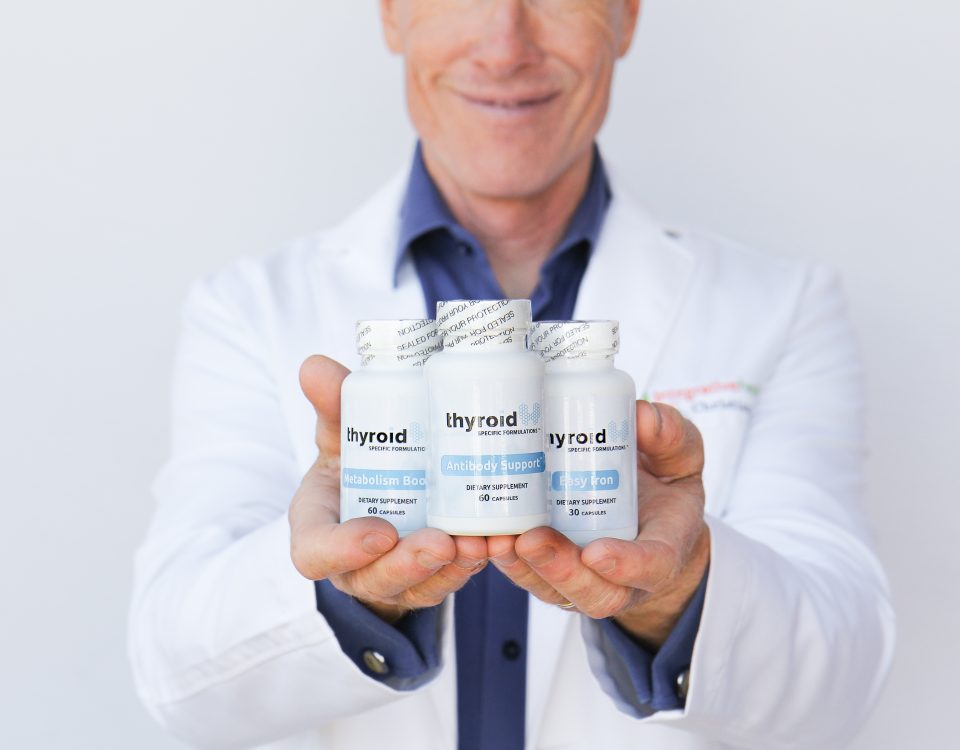The Levels of Thyroid Disease
Before we go any further, it’s helpful to take a quick pause and discuss the various levels of thyroid disease. This is going to go a long way in helping us further contextualize today’s discussion and the relationship these levels share with thyroid medication.
Thyroid disease occurs in a few different ways:
- Disease of the function
- Disease of the structure
- Inflammation
We’ll start by focusing on the function of the thyroid (how much thyroid is it making). This focuses more specifically on hypothyroidism. This refers to when there is too little hormone coming out of the thyroid.
Hypothyroidism can be thought of in three distinct stages:
- Suboptimal hypothyroidism – Not an overt measurable abnormality, but something is not performing at its best.
- Subclinical hypothyroidism – Evidenced by an elevated TSH with normal levels of T4.
- Overt hypothyroidism – In this case, the TSH is elevated by quite a bit, with low T4 levels (way below range).
The case of overt hypothyroidism is really the only one that has to do with a lack of thyroid hormone overall. This is where thyroid hormones are not being made, whereas with subclinical and suboptimal, we still see levels of T4 and T3.
A very large study, which originated in the British Medical Journal, that came out around 2018 and encompassed around half a million people, found something very interesting. They showed that those who have suboptimal or subclinical hypothyroidism do not need medications.
Answering questions concerning:
- Did medications improve classic hypothyroid symptoms?
- Did they improve health outcomes overall?
- Did they lower the rate of progression to worse thyroid disease?
- Did they live longer? Did they do better?
So while the side effects, which were very real, did show up, it did not lead to substantial improvements in any of the above mentioned questions. If we’re running that cost-benefit analysis, the cost most certainly outweighs the benefits. Full stop.
How can that be? From what we can tell, the only reason that people went on medication and began to feel better was:
- Because they were on other treatments
- They got better randomly
- Their symptoms were caused by other things
In natural medicine, especially, nobody simply goes on medication and stops there. That would be kind of a horrible practice. People are given nutrients, changes to their diet, lifestyle changes, all of that. We can’t discount the impact of those things.
But when we track the single variable of medication in a large, proven research study, we can start to see that medications, as part of the whole package, do very little. It’s the combination of everything else that seems to be moving the needle.










